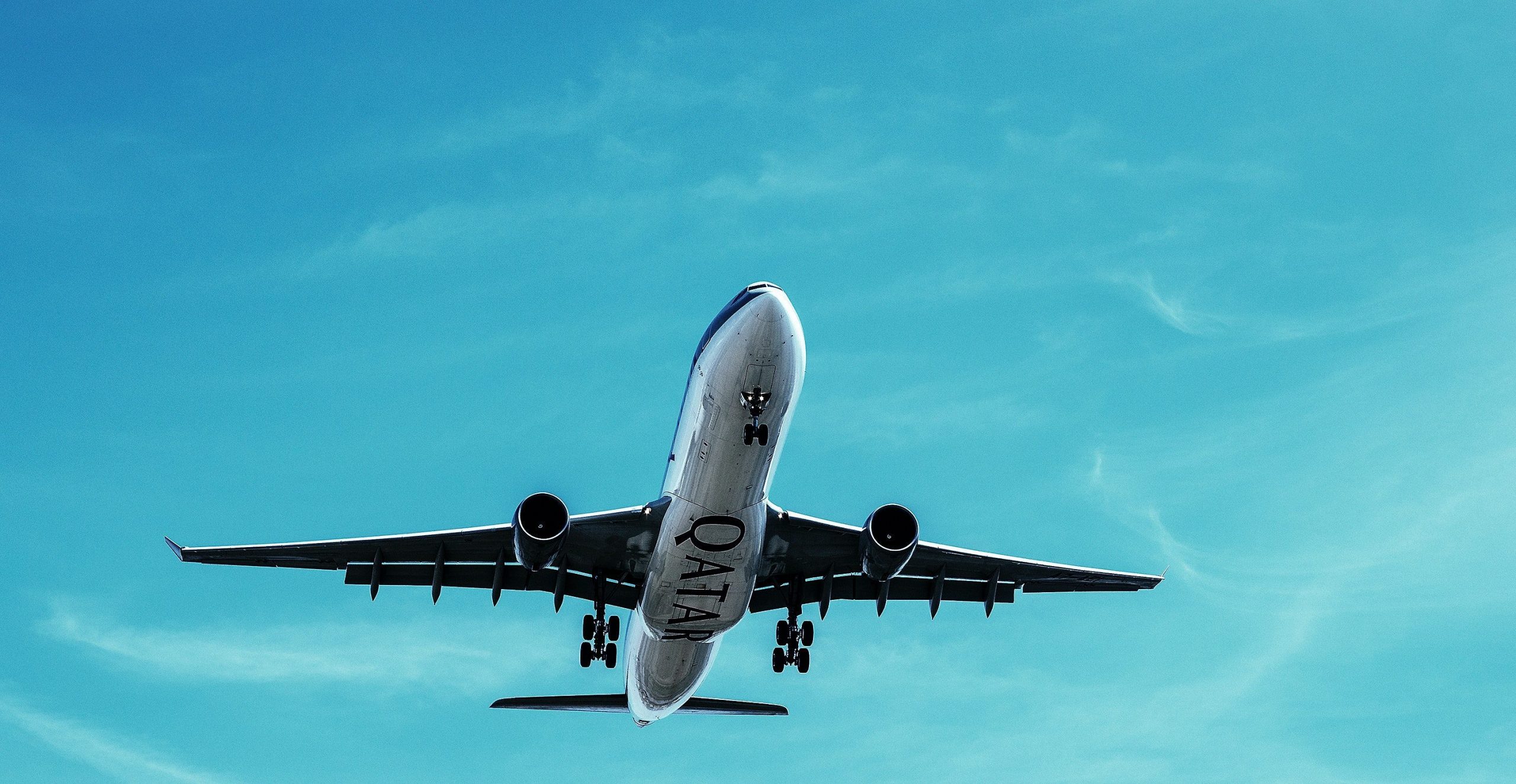“Customers have been put second, so has tourism, business, freight, many other interests, also other airlines,” a former ACCC chief said.
The Australian government’s rejection of a Qatar Airways bid for additional flights has been slammed as “a really bad decision” that is disadvantageous to customers, according to two former heads of Australia’s competition watchdog.
Allan Fels, the inaugural head of the Australian Competition and Consumer Commission (ACCC) said the government’s choice to decline Qatar’s additional flight request serves to safeguard Qantas from competitive pressures, reports said.
“It’s a really bad decision by any standards, particularly when the government is talking about doing a competition review,” Fels told News Breakfast on Wednesday.
“This is going to put up prices, or keep them up a lot. They’re 50 per cent higher now than before COVID. They would come down a lot if Qatar entered.
“We don’t really know [how much prices would come down by], but it would greatly increase the number of seats available and that bring prices down, but it would somewhat reduce Qantas’ profits.”
The comments come as a response to Australian federal government’s directive to turn down the Gulf carrier’s request to increase its weekly flights to Sydney, Melbourne, and Brisbane by 21, alongside their existing 28 flights per week.
The government has yet to provide a clear reason for declining the request, though Assistant Treasurer Stephen Jones said the decision was made to safeguard the national interest and to support Qantas’ profitability.
The CEO of Qantas Alan Joyce supported the government’s decision during a Senate committee session on Monday and argued that allowing extra QA flights would disrupt the market equilibrium.
However, his views were refuted by Jayne Hrdlicka, the CEO of Virgin Australia on Tuesday, citing the codeshare arrangements between Virgin airline and Qatar Airways.
Hrdlicka dismissed the assertion as “nonsense,” saying that permitting an increase in flights would address the substantial seat demand in Australia and lead to decreased airfare prices.
Rod Sims, who held the position of ACCC chair from 2011 to 2022, has also entered the debate, expressing his confusion over the decision, saying “I think it does hurt competition.”
“What we see now particularly in Australia is very high airfares internationally and not enough capacity,” Sims told RN Breakfast.
“If there was a time to allow new entrants in, this is it.”
The federal government is currently under pressure to disclose the reasons for rejecting the additional flights which came following lobbying from Qantas, reports said.
National Senator Bridget McKenzie has announced her intention to request the release of documents related to the Gulf carrier’s application that were provided to the transport minister, or any advice that contributed to the minister’s decision, in the upcoming week.
Meanwhile, a fresh study conducted by the e61 Institute has expressed concerns regarding the potential exercise of market influence in Australia by dominant companies operating in concentrated markets.
Titled ‘the State of Competition in Australia,’ the report highlights that Australia’s economy displays notably higher levels of market consolidation compared to the United States, and there has been a noticeable “broad increase in concentration” over time.
The report indicates that the aviation sector is among the most consolidated industries in Australia and underscores an “imbalanced” power dynamic between airlines and their customers.
“Customers have been put second, so has tourism, business, freight, many other interests, also other airlines,” Fels said. “There’s no secret reason for it, it’s just looking after Qantas.”
He went on to dismiss the assistant treasurer’s explanation that the decision was made to allegedly safeguard Qantas’ sustainability and profitability.
“There’s a lack of transparency. The explanations hinted at profit are quite weak, and don’t make a lot of sense,” Fels said.
“Qantas made $2.5 billion [pre-tax] last year, its own profit forecasts into the future are very positive, with or without Qatar.”
“We haven’t really had a good explanation in relation to the whole Qatar issue, and that’s unfortunate,” he said.
Fels maintained that the decision warrants a probe by “an independent body, maybe the ACCC”.
His comment also echoes that of Graham Turner, the CEO of Flight Centre, who weighed in on the ongoing saga and its effect on airfares this week.
“The lack of capacity, particularly internationally, is pretty obvious at the moment. So blocking an airline like Qatar from extra capacity certainly doesn’t help from our point of view,” Turner told News Breakfast.
“Every extra flight into Australia will help lower these fares.”
“They’re particularly damaging to the second airline in Australia … because Virgin Australia don’t have big international routes, they do mainly domestic, and the codeshare with Qatar is quite important to them, they get a lot of the flow-on traffic from international visitors and residents going out of Australia,” he added.







